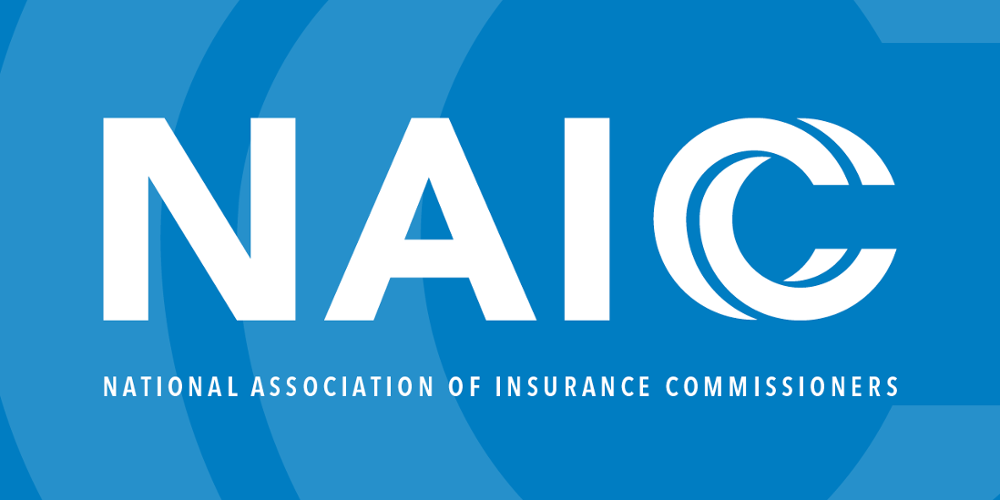CMS is proposing actions in the Medicare Advantage (MA) and Medicare Part D prescription drug programs to continue to strengthen protections and access to care for people with Medicare. The proposed rule aims to hold MA and Part D plans more accountable for delivering high-quality coverage so that people with Medicare are connected to the care they need when they need it.
Some key policies below:
- A proposal to reinterpret the statute to no longer exclude anti-obesity medications for the treatment of obesity from coverage under Medicare Part D and to require Medicaid programs to cover these medications when used to treat obesity.
- Multiple proposals to continue to address concerns with prior authorization and utilization management, informed by recent CMS audits. Policies include defining the meaning of “internal coverage criteria” to clarify when MA plans can apply utilization management, making sure plan internal coverage policies are transparent and easily available to the public, ensuring plans are making enrollees aware of appeals rights, and addressing after-the-fact overturns that can impact payment, including for rural hospitals. In addition, efforts are underway that will allow CMS to collect detailed information from initial coverage decisions and plan-level appeals such as decision rationales for items, services, or diagnosis codes that will provide a better line of sight on utilization management and prior authorization practices, among many other issues.
- Increased guardrails on the use of artificial intelligence (AI) to protect access to health services.
- Enhancements to Medicare Plan Finder by proposing that MA organizations make their entire provider directory available to CMS, for the purpose of incorporating it into Medicare Plan Finder.
- Updates to the MA and Part D Medical Loss Ratio (MLR) regulations to improve the data reported by plans, and CMS is seeking comment on policies regarding how the MA and Part D MLRs are calculated to help enable policymakers to address concerns surrounding vertical integration in MA organizations and Part D sponsors.
- Proposal to expand CMS oversight of MA advertisements, which would build on previously finalized policies to protect people with Medicare from predatory behavior, such as misleading television, web-based, and direct mail advertisements.
- Policies to improve the proper administration of MA supplemental benefits through debit cards.
- Proposals to increase access to behavioral health care for enrollees by ensuring that MA in-network cost-sharing may be no greater than cost-sharing in Traditional Medicare for these services.
- Two new proposed provisions to promote better service to Part D beneficiaries and prevent instability in pharmacy networks by promoting transparency in pharmacy network contracts by requiring Part D plans to provide contracted pharmacies with information about which Part D plans they are in-network for before open enrollment and on request thereafter and for Part D sponsors to allow pharmacies to terminate their network contracts without cause after the same notice period that the sponsor is allowed to terminate pharmacy network contracts without cause.
- Proposals to clarify that plan formularies must provide beneficiaries with broad access to generics, biosimilars, and other lower-cost drugs to be compliant with requirements.
New requirements for certain dual eligible special needs plans (D-SNPs) to: 1) have integrated member identification (ID) cards that serve as the ID cards for both the Medicare and Medicaid plans in which an enrollee is enrolled; and 2) conduct an integrated health risk assessment (HRA) for Medicare and Medicaid, rather than separate HRAs for each program. We are also proposing to codify timeframes for all SNPs to conduct HRAs and individualized care plans (ICPs) and prioritize the involvement of the enrollee or the enrollee’s representative, as applicable, in the development of the ICPs.
Prospects: NAIFA has concerns with the proposed rule and is currently doing a review of its potential impact on members. The deadline to file comments with CMS on the rule is January 27.
NAIFA Staff Contact: Mike Hedge – Senior Director – Government Relations, at mhedge@naifa.org.






.png?width=600&height=90&name=Support%20IFAPAC%20%20(600%20%C3%97%2090%20px).png)
